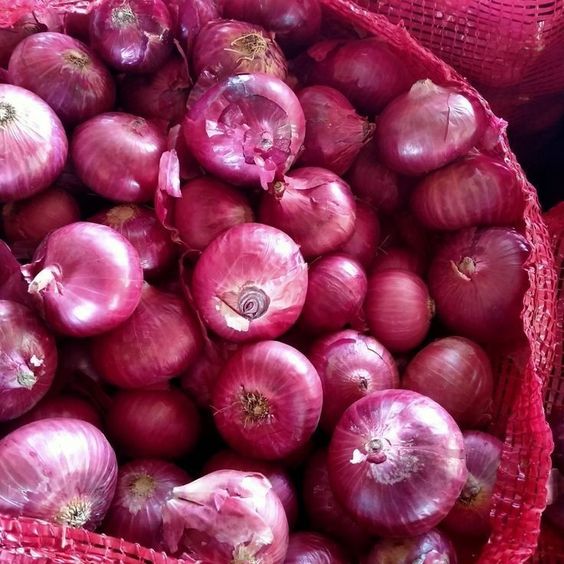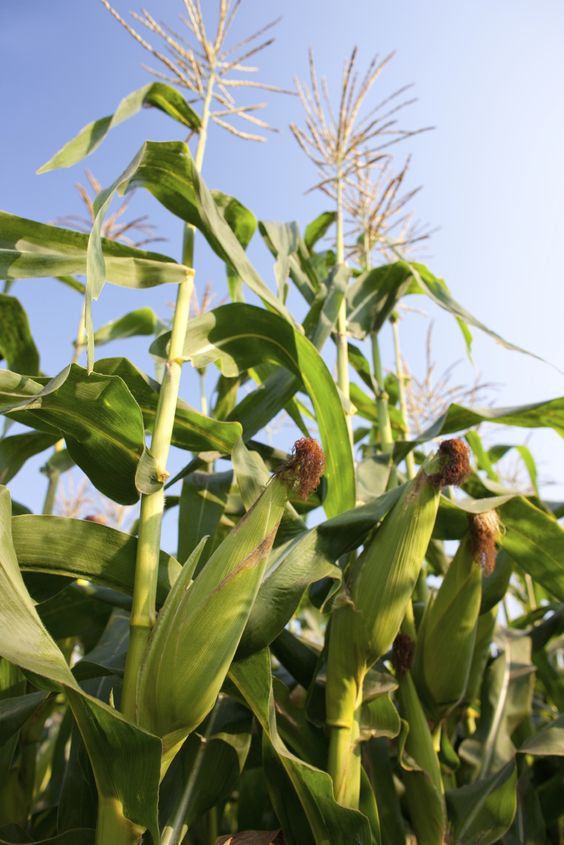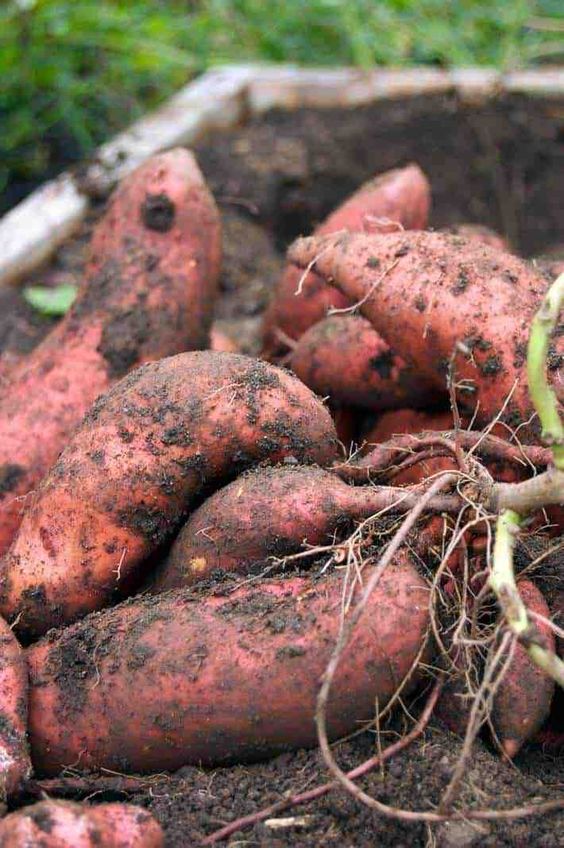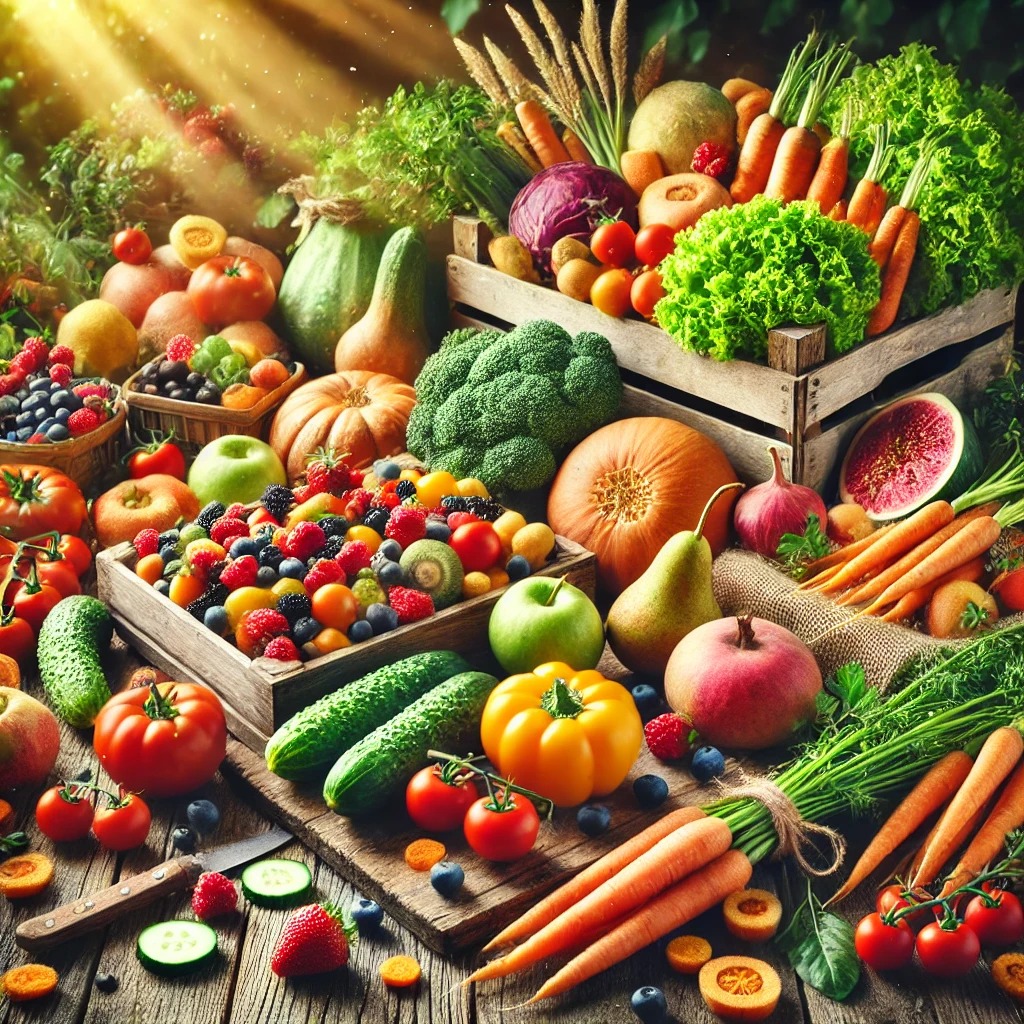Sustainable Onion Farming with Smart Agriculture: Pioneering a Green Future
Sustainable Onion Farming,In the realm of agriculture, sustainability has become a pressing necessity. As the global population continues to burgeon, the demand for food rises concomitantly. Traditional farming methods, while effective, often come with a heavy environmental cost. This has led to an urgent call for more sustainable farming practices. One such crop that can benefit from these innovations is the humble onion. Integrating smart agriculture technologies into onion farming can significantly enhance sustainability, productivity, and profitability. This article delves into sustainable onion farming, exploring the role of smart agriculture and its myriad benefits.
Contents
- 1 The Importance of Sustainable Onion Farming
- 2 Objectives of Integrating Smart Agriculture in Onion Farming
- 3 Key Technologies in Smart Agriculture for Onion Farming
- 4 Benefits of Sustainable Onion Farming with Smart Agriculture
- 5 Case Studies: Successful Implementation of Smart Agriculture in Onion Farming
- 6 Challenges and Solutions in Sustainable Onion Farming
- 7 Future Prospects of Sustainable Onion Farming
The Importance of Sustainable Onion Farming
Onions are a staple in cuisines worldwide, making them one of the most crucial crops in global agriculture. However, conventional onion farming practices often involve excessive use of water, pesticides, and fertilizers, leading to environmental degradation. Sustainable onion farming aims to mitigate these issues by adopting practices that preserve the environment, reduce waste, and ensure the long-term viability of agricultural production.
Objectives of Integrating Smart Agriculture in Onion Farming
- Increase Efficiency: Optimize the use of water, fertilizers, and pesticides to reduce waste and environmental impact.
- Enhance Productivity: Use data-driven insights to improve crop yields and ensure consistent quality.
- Promote Sustainability: Implement eco-friendly practices that protect the environment and conserve resources.
- Reduce Costs: Minimize input costs and operational expenses through precise resource management.
- Improve Crop Health: Monitor crop health in real-time to detect and address issues promptly.
Key Technologies in Smart Agriculture for Onion Farming
1. Internet of Things (IoT)
IoT devices, such as sensors and smart irrigation systems, can be deployed in onion fields to monitor various environmental parameters. These sensors collect data on soil moisture, temperature, humidity, and nutrient levels. This data is then transmitted to a central system where it can be analyzed to provide actionable insights.
2. Drones and Aerial Imaging
Drones equipped with high-resolution cameras and multispectral sensors can capture detailed images of onion fields. These images help identify areas affected by pests, diseases, or nutrient deficiencies. Drones can also assist in precision spraying, ensuring that pesticides and fertilizers are applied only where needed.
3. Artificial Intelligence (AI)
AI algorithms can analyze the data collected from IoT devices and drones to provide predictive analytics and recommendations. For instance, AI can predict optimal planting times, forecast weather patterns, and recommend irrigation schedules. This helps farmers make informed decisions that enhance crop growth and yield.
4. Big Data Analytics
Big data analytics involves analyzing large volumes of data to uncover patterns and trends. In onion farming, this can include historical weather data, soil health records, and crop performance metrics. By leveraging big data, farmers can gain insights into best practices and strategies for sustainable farming.
5. Automated Machinery
Automation plays a significant role in reducing labor costs and increasing efficiency. Automated machinery, such as robotic harvesters, can perform tasks like planting, weeding, and harvesting with precision. This reduces the reliance on manual labor and ensures consistent quality.
Benefits of Sustainable Onion Farming with Smart Agriculture
1. Environmental Benefits
Sustainable onion farming practices, supported by smart agriculture technologies, lead to significant environmental benefits. Precision irrigation reduces water wastage, while targeted pesticide application minimizes chemical runoff into nearby water bodies. Additionally, sustainable farming practices promote soil health and biodiversity, ensuring long-term environmental sustainability.
2. Economic Benefits
By optimizing resource use and improving crop yields, smart agriculture can significantly boost the profitability of onion farming. Reduced input costs, such as water, fertilizers, and pesticides, lead to higher profit margins. Moreover, the ability to produce high-quality onions consistently can open up new markets and increase demand.
3. Social Benefits
Sustainable onion farming can create job opportunities in rural areas, fostering economic development and improving the livelihoods of farming communities. Additionally, by producing healthier, pesticide-free onions, farmers contribute to the overall well-being of consumers.
Case Studies: Successful Implementation of Smart Agriculture in Onion Farming
1. Case Study: Precision Irrigation in India
In India, where water scarcity is a significant issue, precision irrigation systems have been implemented in onion farms. These systems use soil moisture sensors and automated drip irrigation to provide water directly to the plant roots. The result is a 30% reduction in water usage and a 20% increase in crop yield.
2. Case Study: Drone Technology in the United States
In the United States, farmers have adopted drone technology to monitor large onion fields. Drones equipped with multispectral cameras capture detailed images that reveal pest infestations and nutrient deficiencies. This has led to a 15% reduction in pesticide use and a 10% increase in crop quality.
3. Case Study: AI and Big Data in Israel
Israeli farmers are leveraging AI and big data analytics to optimize onion farming. AI algorithms analyze weather patterns, soil data, and historical crop performance to provide precise recommendations for planting and irrigation. This approach has resulted in a 25% increase in crop yield and a 20% reduction in input costs.
Challenges and Solutions in Sustainable Onion Farming
1. High Initial Costs
The initial investment required for smart agriculture technologies can be prohibitive for small-scale farmers. To address this, governments and organizations can provide subsidies, grants, and low-interest loans to support the adoption of these technologies.
2. Lack of Technical Expertise
The successful implementation of smart agriculture requires technical knowledge and expertise. Training programs and workshops can help farmers acquire the necessary skills to operate and maintain smart farming equipment.
3. Data Management
Managing and analyzing large volumes of data can be challenging. Cloud-based platforms and software solutions can streamline data management, making it easier for farmers to access and interpret data.
Future Prospects of Sustainable Onion Farming
The future of sustainable onion farming looks promising with the continuous advancement of smart agriculture technologies. Innovations such as blockchain for supply chain transparency, autonomous vehicles for field operations, and genetic engineering for disease-resistant onion varieties hold great potential. By embracing these technologies, onion farmers can achieve higher levels of sustainability, productivity, and profitability.
Sustainable onion farming, bolstered by smart agriculture technologies, presents a viable solution to the challenges faced by traditional farming practices. By optimizing resource use, improving crop yields, and promoting environmental sustainability, smart agriculture can transform the way onions are cultivated. As the world moves towards a greener future, the adoption of sustainable farming practices will be crucial in ensuring food security and preserving the planet for future generations. Embracing smart agriculture is not just a choice but a necessity for a sustainable agricultural sector.




